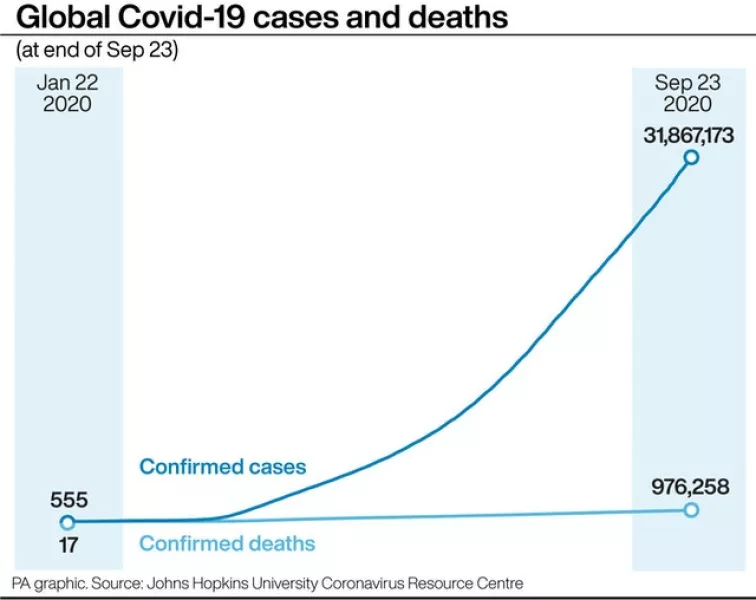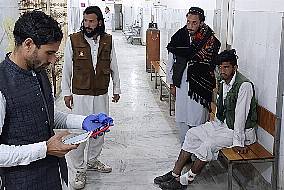In a review published in the journal Lancet, a team of international experts outlined the key lessons learned from experiences of other countries in tackling the disease.
The authors wrote: “The argument is strong for countries adopting a so-called zero-Covid strategy, which aims to eliminate domestic transmission.
“The New Zealand experience shows that this strategy is challenging but is an important aspiration, not least as the growing burden of so-called long Covid becomes apparent in people who have survived Covid-19 but continue to have symptoms for longer than expected.”
As some countries around the world begin to see a resurgence in cases and re-tighten restrictions, it is imperative that countries learn the lessons that we've laid out for the future
However, other experts argue that only time will tell whether unilateral elimination of Covid-19 in one country is the best policy.
Dr Simon Clarke, associate professor of cellular microbiology at the University of Reading, who was not involved in the review, said: “If a working vaccine is available sooner rather than later, and New Zealanders can be immunised quickly and en masse, it will look like a great policy.
“However, if vaccines aren’t available fast enough, New Zealand will increasingly be vulnerable to infection from abroad, and will have to maintain costly global isolation to protect its public.”
Aside from recommending a zero-Covid approach, the scientists identified four key factors which have implications for lockdown exit strategies:
– An effective test, trace, isolate and support system;
– A clear plan with a transparent decision-making process from the government;
– Robust systems to closely monitor the infection situation before easing restrictions;
– Prolonged control measures to reduce coronavirus transmission – including face masks and social distancing.

Professor Martin McKee, of London School of Hygiene & Tropical Medicine, who was a co-author on the paper, said: “As some countries around the world begin to see a resurgence in cases and re-tighten restrictions, it is imperative that countries learn the lessons that we’ve laid out for the future.”
The researchers point out the methods and success of contact tracing and isolation have varied significantly across countries, with many Asian nations promptly mass testing, tracing and isolating all cases from the start of the outbreak, while these processes have been considerably delayed in the UK and most of Europe.
Dr Clarke added: “Of particular relevance now is the comparison of systems for test, trace and isolate.
“After the problems with testing in recent weeks, this should be required reading for UK health ministers, highlighting how inadequate the UK system for testing has been – particularly as other lockdown measures have been eased.
“Other countries are in a far better position than the UK and Spain to ease restrictions on movement and socialising, because they have more effective and capable test and trace systems in place.”







